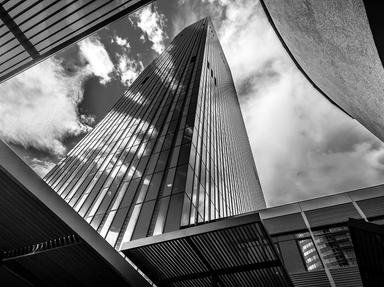Quiz Answer Key and Fun Facts
1. I became a familiar figure on the international scene in the 1960s when I became the first president of a Mediterranean country.
2. This Methodist minister served in the largely ceremonial post of President of a newly independent African country from 1980-87.
3. The Rev Ian Paisley has been at the forefront of Northern Ireland politics for the past 35 years. Which party does he lead?
4. This well known Baptist minister was a nominee for the Democratic candidate in the US presidential elections of 1984 and 1988.
5. This cleric was a leading character in Dumas swashbuckling tale of "The Three Musketeers"
6. Pope Julius II is remembered as the pope who commissioned Michelangelo to paint the ceiling of the Sistine chapel and laid the foundation stone of the present day St Peter's Basilica. However, as was the custom at this time he was intimately involved in secular affairs and was known as the '______________ Pope'.
7. This pope's name became a byword for the debased standards of the secular popes of the Renaissance
8. 'Will no one rid me of this turbulent priest?' Who was the priest?
9. Amin al Husseini Mufti, an ardent Palestinian nationalist, was appointed Mufti of ___________ at the time of the British mandate in Palestine.
10. After spending many years in exile I returned to my homeland in triumph and set up a Theocratic State. Who am I?
Source: Author
mstanaway
This quiz was reviewed by FunTrivia editor
bloomsby before going online.
Any errors found in FunTrivia content are routinely corrected through our feedback system.
